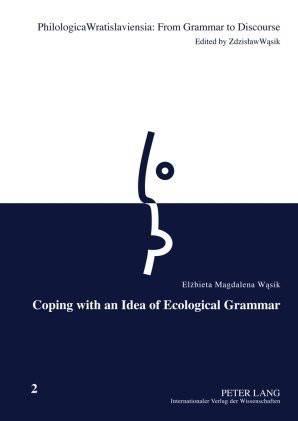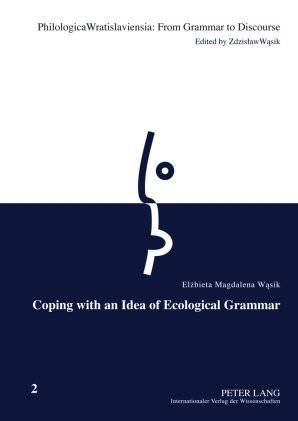
- Afhalen na 1 uur in een winkel met voorraad
- Gratis thuislevering in België vanaf € 30
- Ruim aanbod met 7 miljoen producten
- Afhalen na 1 uur in een winkel met voorraad
- Gratis thuislevering in België vanaf € 30
- Ruim aanbod met 7 miljoen producten
Zoeken
Omschrijving
This book summarizes scholarly achievements of the author by confronting two descriptive models of linguistic research. Against the background of a language-centered view dealing with its external conditionings in the life of nations and nationalities the author puts forward a human-centered conception of grammar which focuses on the ecosystem of communicating individuals who aggregate into interpersonal and intersubjective groupings for the realization of common tasks. Such a grammar manifests itself in linguistic-communicational properties of people through changeable practices of meaning-creation and stabilizing patterns of meaning-interpretation: firstly, when they create observable relationships while transmitting and receiving the meaning-bearers, and, secondly, when they contribute to the formation of assumable associations while coding and decoding the meanings to the approximately similar extent.
Specificaties
Betrokkenen
- Auteur(s):
- Uitgeverij:
Inhoud
- Aantal bladzijden:
- 178
- Taal:
- Engels
- Reeks:
- Reeksnummer:
- nr. 2
Eigenschappen
- Productcode (EAN):
- 9783631602287
- Verschijningsdatum:
- 18/02/2010
- Uitvoering:
- Hardcover
- Formaat:
- Genaaid
- Afmetingen:
- 148 mm x 210 mm
- Gewicht:
- 399 g

Alleen bij Standaard Boekhandel
+ 109 punten op je klantenkaart van Standaard Boekhandel
Beoordelingen
We publiceren alleen reviews die voldoen aan de voorwaarden voor reviews. Bekijk onze voorwaarden voor reviews.











